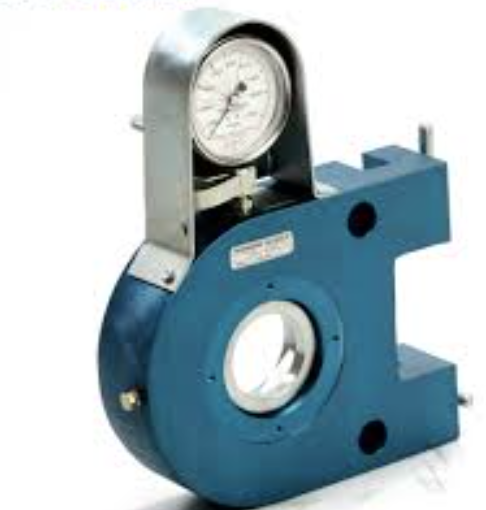
Skidmore Wilhelm Tension Indicator
The Skidmore Wilhelm Tension Indicating Device is used in Rotational Capacity Testing of Fasteners. Rotational capacity testing is a method used to assess the ability of a fastener or structural component to resist rotation under applied loads. In construction and engineering, rotational capacity is crucial for ensuring the stability and integrity of connections, particularly in seismic or high-wind areas where structures may experience significant lateral forces.
During rotational capacity testing, a fastener or connection is subjected to controlled rotational forces to simulate the effects of wind, seismic activity, or other lateral loads. The test measures the torque required to induce rotation or the maximum angle of rotation before failure occurs. This helps engineers and designers determine the suitability of a fastener or connection for its intended application and ensure that it can effectively withstand the anticipated forces without compromising the structural integrity of the system.
Rotational capacity testing plays a vital role in ensuring the safety and performance of structures, especially in critical applications where the failure of a fastener or connection could have severe consequences. It helps manufacturers and engineers design and specify appropriate fasteners and connections that meet the required rotational capacity standards and contribute to the overall reliability and stability of the structure.
- 1 /2" - 1 1/2" Capacity
- Up to 170,000 lb Readings
- Impact Wrench Output
